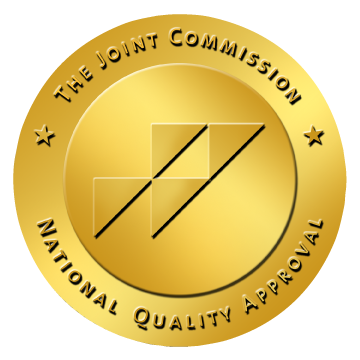At New England Medical Group, we believe that good mental health forms the foundation for a healthier, more fulfilling life. So, we’ve compiled a quick guide of practical steps to nurture and improve your mental well-being in 2024.
Mental health influences our day-to-day life in various ways, including:
Understanding the profound influence of mental health on daily life emphasizes the importance of nurturing and prioritizing mental well-being. Seeking support when needed and incorporating practices that promote good mental health is vital for leading a fulfilling life.
Ready to take the necessary steps toward a healthier mind? Here are some practical adjustments you can make that’ll help improve your mental health.
1. Prioritize Self-care. Self-care extends beyond pampering oneself; it's about recognizing and meeting your emotional and psychological needs. Engage in activities that promote relaxation and reduce stress, such as journaling, practicing gratitude, or exploring hobbies that bring joy.
2. Cultivate Healthy Habits. Maintaining a healthy lifestyle significantly impacts mental health. Adequate sleep, a balanced diet, and regular exercise are pillars of well-being. These habits regulate neurotransmitters in the brain, positively influencing mood and reducing the risk of mental health disorders.
3. Mindfulness and Stress Management. Mindfulness practices, like meditation and deep breathing exercises, are powerful tools for managing stress. By fostering mindfulness, individuals can learn to navigate challenges with greater resilience and maintain mental clarity even in difficult situations.
4. Foster Connections. Social connections are crucial for mental health. Nurture relationships with friends, family, or support groups. These connections offer emotional support, reduce feelings of isolation, and serve as a crucial network during tough times.
5. Seek Professional Support. Acknowledging the need for professional help is a significant step towards mental wellness. Seeking guidance from mental health professionals provides tailored strategies for managing mental health conditions, preventing escalation, and fostering recovery.
Good mental health is intertwined with addiction prevention and recovery. Individuals with strong mental health are better equipped to cope with stress, manage triggers, and resist the temptation of addictive substances or behaviors. Good mental health aids in combating addiction and preventing relapse by:
Prioritizing mental health through practical steps empowers individuals to lead fulfilling lives while significantly reducing the risk of addiction and relapse. At New England Medical Group, we advocate for an integrated approach to mental health and addiction treatment, understanding their interconnected nature.
As we step into 2024, let's commit to nurturing our mental well-being, knowing that it not only enhances our quality of life but also plays a crucial role in combating addiction and fostering sustainable recovery. Contact us today to speak to one of our experts.
